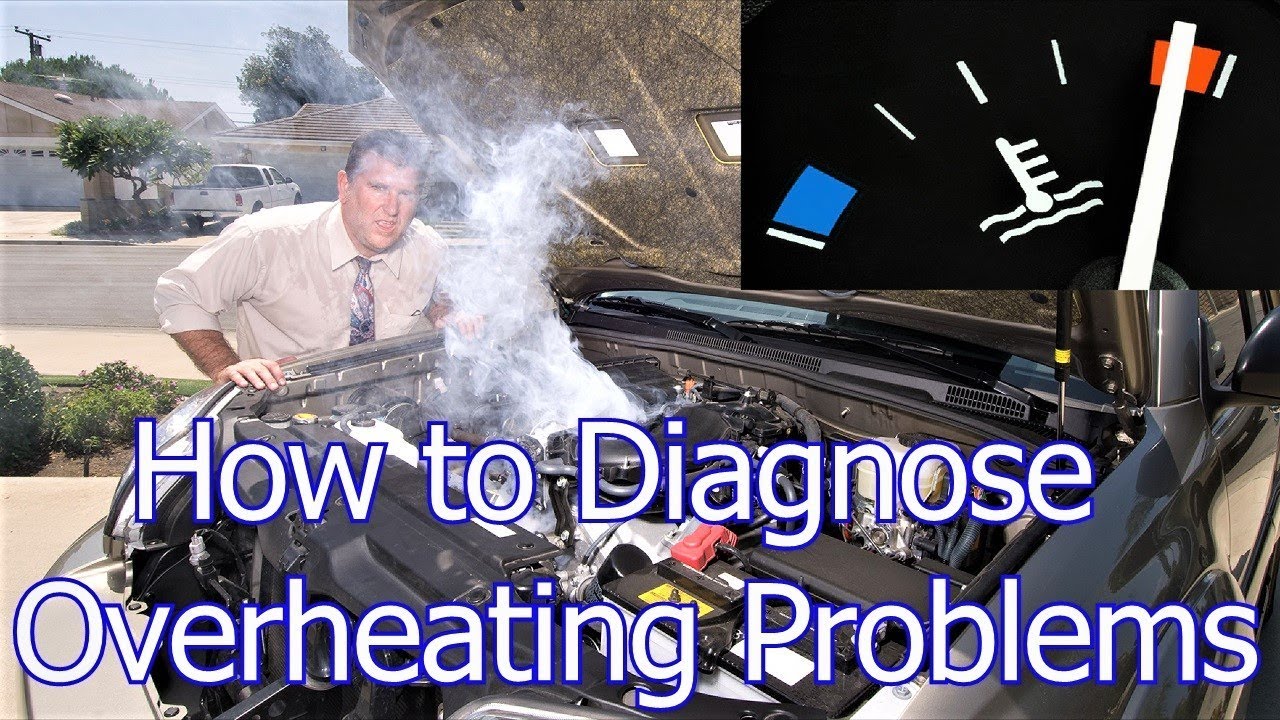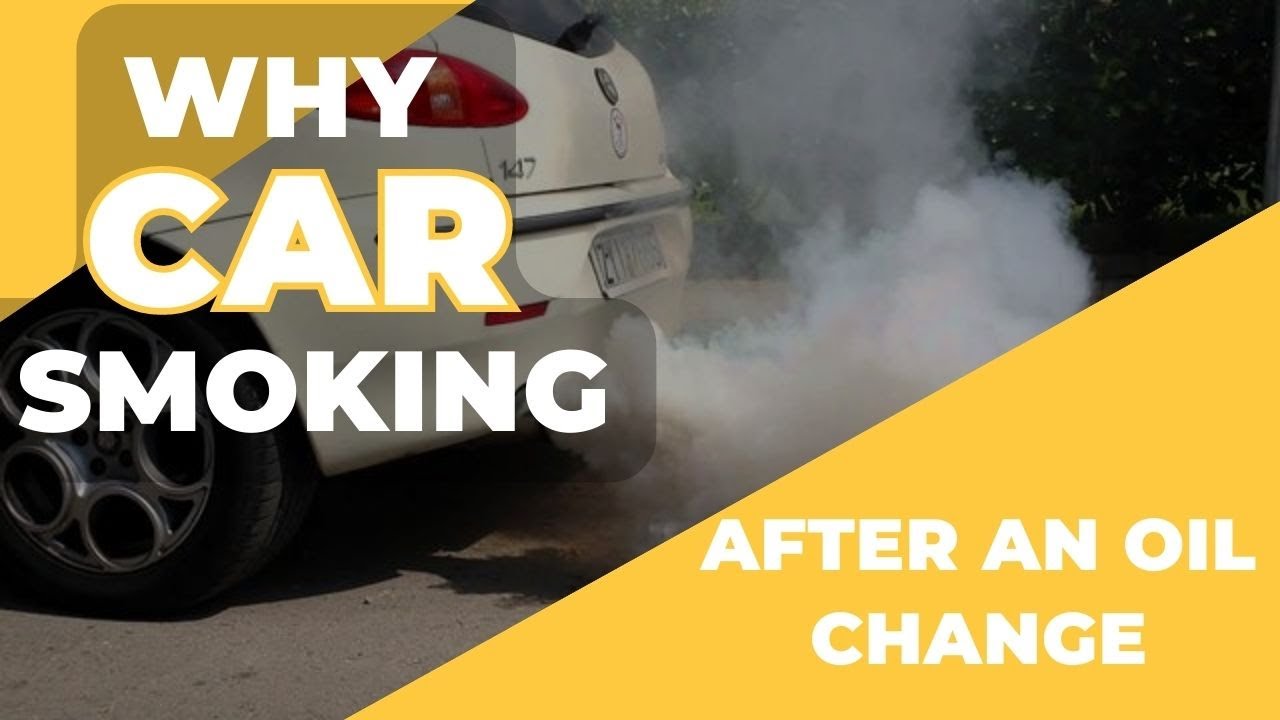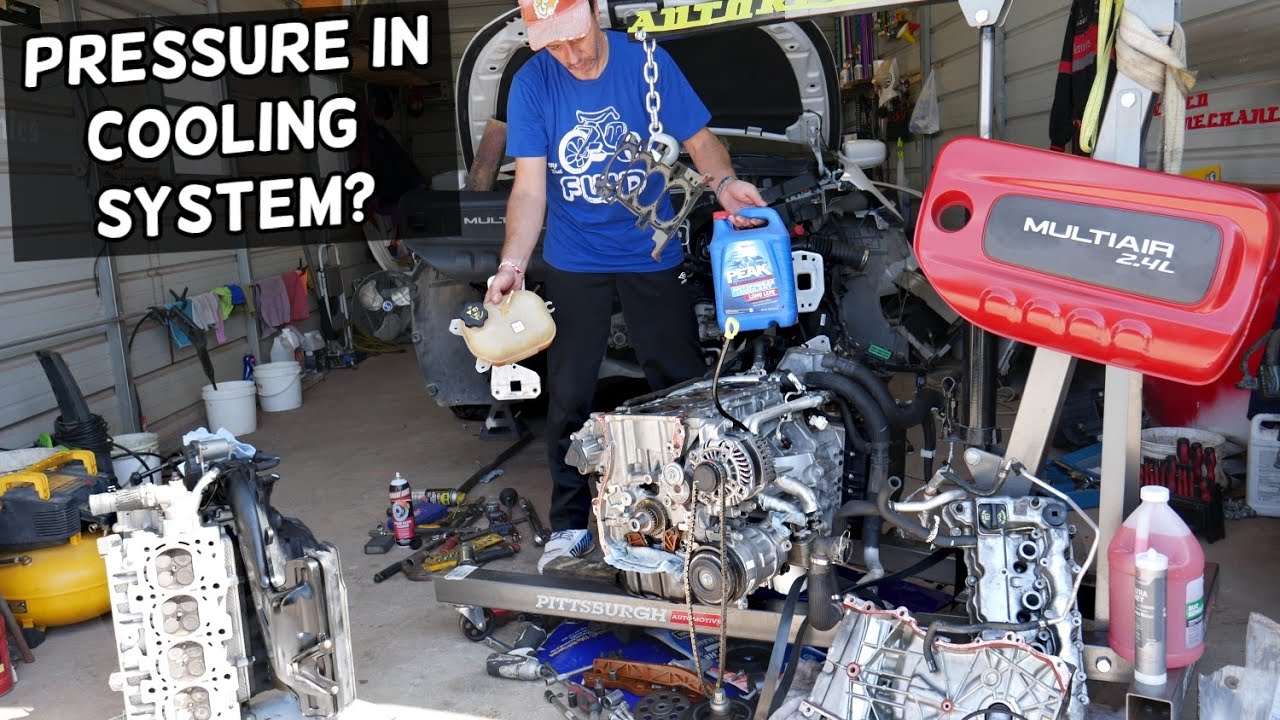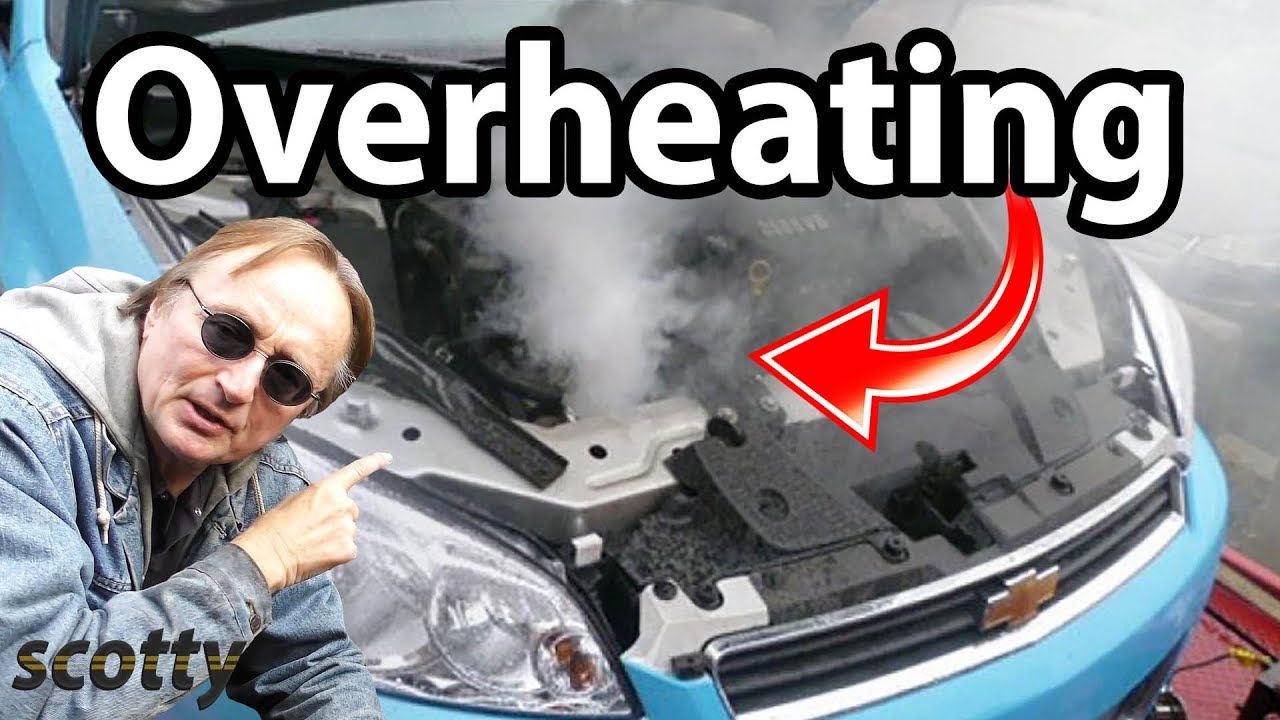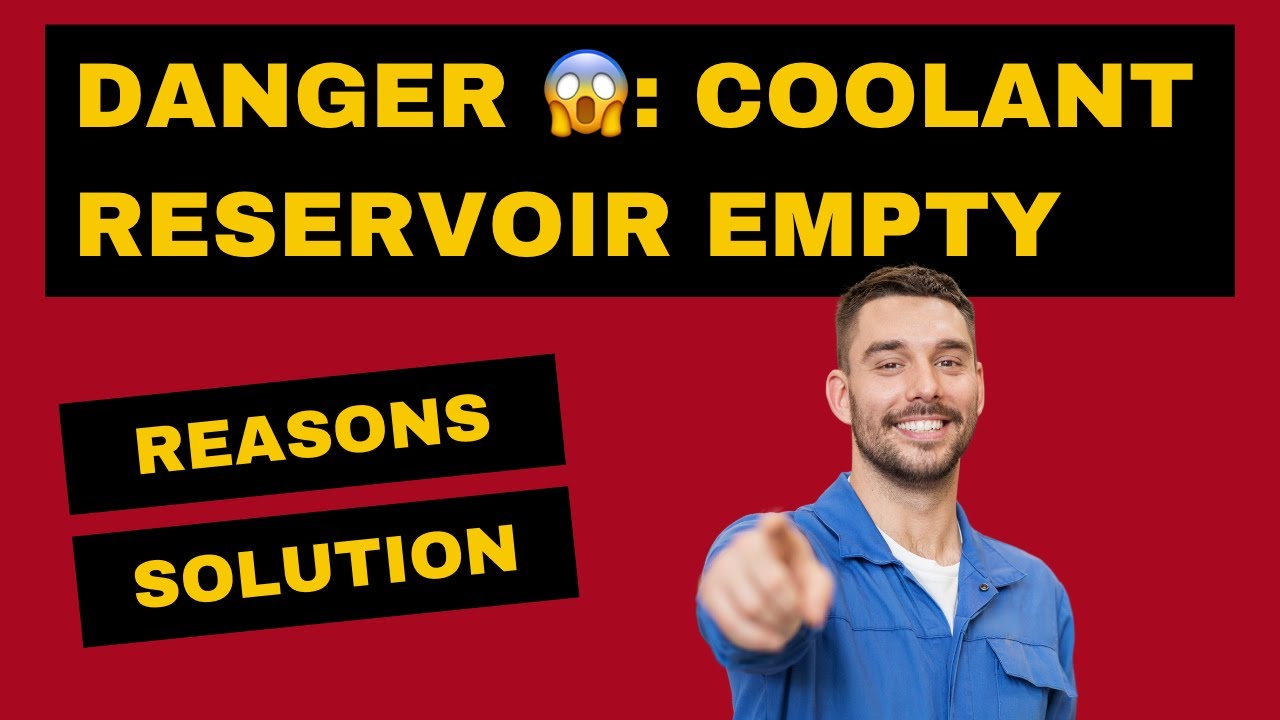Don’t let engine overheating put a damper on your driving adventures! Dive into the world of car care as we unravel the mysteries behind engine overheating. With practical tips and easy solutions, you’ll be equipped to tackle the heat and keep your engine humming smoothly.
What happens when the engine overheats, Causes and Solutions
Here are some common causes of engine overheating and their solutions:
1. The temperature rises when the car is stopped and decreases when moving.
This is due to a malfunctioning radiator fan, responsible for cooling down the engine when the car is idle. The fan may not work correctly due to a faulty fan motor or a blown fuse. The lack of airflow will cause the temperature to rise quickly, leading to overheating.
Solution: Check the fuse and fan motor for any damages, and replace them if necessary. Also, could you clean the radiator and make sure that the coolant level is sufficient?
2. The temperature rises at high speeds.
This could be due to a faulty thermostat or a damaged water pump. When the engine is running at high speeds, it generates a lot of heat, and if the coolant system cannot keep up with it, the temperature will rise, leading to overheating.
Solution: Inspect the thermostat and replace it if it’s malfunctioning. Check the water pump for leaks or damages, and replace it if necessary.
3. Water coming out of the exhaust and high temperature.
This is due to a blown head gasket caused by extreme heat or corrosion, leaking coolant into the engine cylinders, causing the engine to overheat. The coolant may also mix with the engine oil, causing it to become milky in appearance.
Solution: Replace the head gasket immediately, and have the engine checked for any damages caused by the overheating. Drain and replace the contaminated engine oil and coolant.
4. The temperature gauge rises, and steam comes from the engine hood.
This is due to a burst radiator hose caused by age, wear, and tear. Over time, the rubber in the hose may become brittle and crack, causing it to weaken and eventually burst, leaking the coolant.
Solution: Stop the car immediately and let the engine cool down before opening the hood. Check the radiator hoses for any damage and replace them if necessary.
5. Engine produces a knocking sound, and the temperature gauge rises.
This is due to insufficient lubrication or a malfunctioning oil pump. When the engine is overheating, the oil may break down and lose its lubricating properties, causing the parts to rub against each other and generate noise.
Solution: Stop the car immediately and let the engine cool down. Check the oil level and add more if necessary. If the oil level is normal, check the oil pump for any damage or wear, and replace it if necessary.
